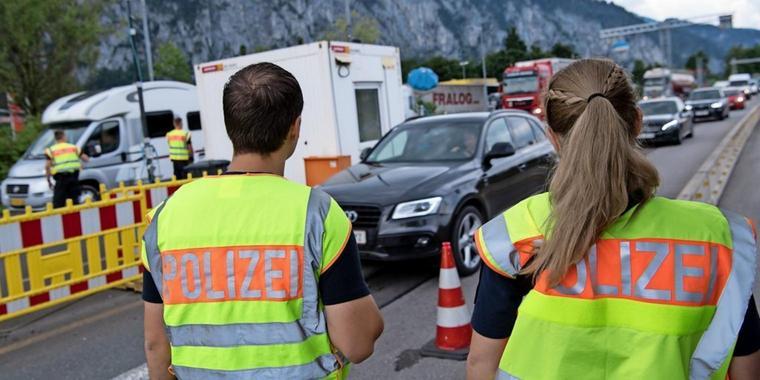
German Interior Minister Nancy Faeser announced that her country’s border controls with Poland, the Czech Republic and Switzerland will be extended beyond December 15 for at least two months, with the aim of reducing irregular migration.
“Our measures are effective,” Faeser told the German newspaper “Rheinische Post” in statements published on Friday, December 8. “Our fight against the unscrupulous actions of human smugglers, who brutally endanger human lives, is successful.”
Fixed and mobile inspections have had a noticeable impact since they were implemented last October, reducing illegal immigration to Germany and relieving the burden on local authorities.
Faeser extended border monitoring until December 15. According to the Ministry of Interior, about 3,300 unauthorized entries have been detected and 1,100 unauthorized entries have been prevented since inspections began last October 16.
A ministry spokesman said, “This means that these measures are effective and will continue to be so,” according to the “Amal, Berlin!” website.
On October 16, Faeser ordered the Federal Police to implement fixed control measures on Germany’s borders with these three countries, similar to what it has been doing on the border with Austria since 2015.
It is customary for a person to be caught at the border and make clear that he or she intends to apply for asylum, to be allowed entry. The spokesman stated that the aim of the control measures in general is “to eliminate smuggling crimes, which are becoming increasingly unscrupulous and brutal.”
Nine EU member states – Slovakia, the Czech Republic, Poland, Hungary, Austria, Germany, Slovenia, Italy and Denmark – have imposed border controls and other measures in recent weeks due to high “migration pressure”.
All of these countries are part of the EU’s Schengen visa-free travel area, whose borders are not normally subject to passport checks.





